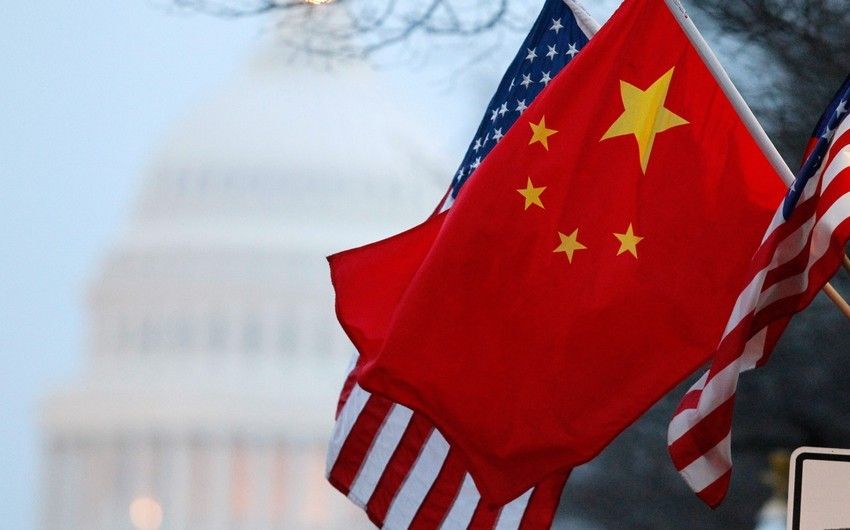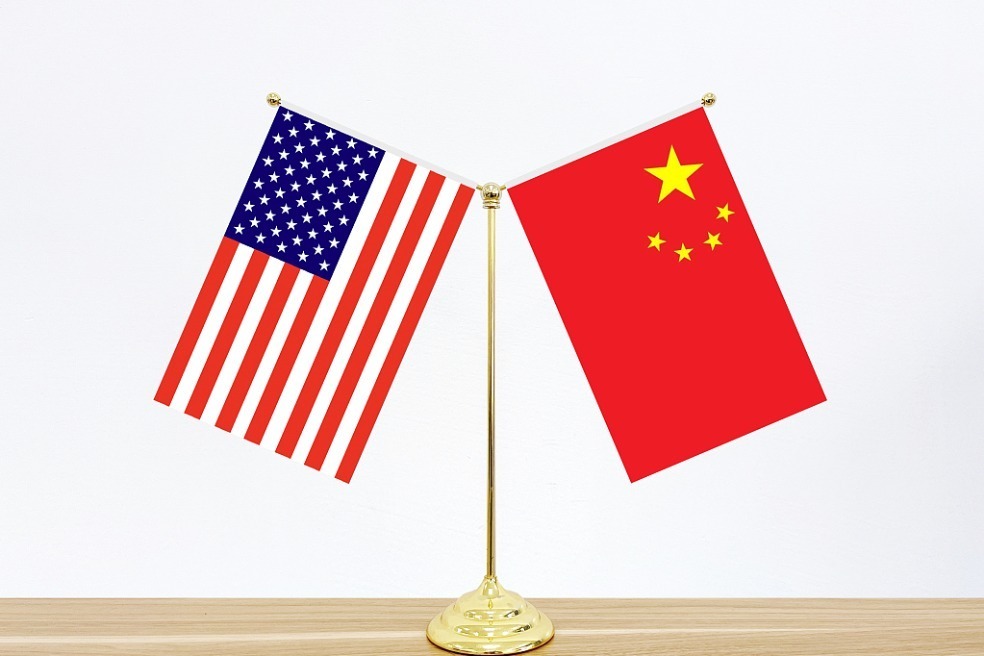






As 2024 unfolds, expert opinions on China-U.S. relations reveal a complex landscape shaped by economic, educational, and diplomatic factors. Denis Simon from Duke University emphasizes the critical role of educational exchanges as a foundational element for improving relations between the two nations. He argues that fostering mutual understanding through education can help bridge the gap created by political tensions [9bf1b356].
Lawrence Freeman highlights that many U.S. grievances stem from China's independent development path, suggesting that the U.S. must reassess its expectations and strategies regarding China's growth. He posits that understanding this context is essential for moving forward in a constructive manner [9bf1b356].
Yilun Zhang critiques the commonly used term 'overcapacity' in discussions about China's electric vehicle (EV) competitiveness, advocating instead for a focus on leveraging U.S. strengths to foster collaboration rather than competition. This perspective suggests a shift towards a more cooperative approach in the EV sector, which could benefit both economies [9bf1b356].
Yi Xin warns that the ongoing trade war is contributing to rising U.S. import costs and inflation, asserting that China's economic success should not be viewed as a failure for the United States. This sentiment reflects a growing recognition that both nations can thrive through collaboration rather than conflict [9bf1b356].
These insights come on the heels of recent meetings between Chinese and U.S. officials aimed at enhancing economic cooperation. The seventh meeting of the China-U.S. Economic Working Group, held on December 12, 2024, in Johannesburg, South Africa, and the subsequent Financial Working Group meeting in Nanjing, Jiangsu Province, on December 15-16, 2024, focused on macroeconomic policies and financial stability [b5ac6522][721b1ab0].
In a recent analysis, Zhong Sheng argues that China-U.S. relations should prioritize mutual benefit and win-win cooperation. The 2025 Consumer Electronics Show in Las Vegas showcased this spirit, with over 1,300 Chinese companies participating. Notable collaborations included the unveiling of the Ultra Magnus humanoid robot by APLUX and Qualcomm, highlighting the expanding common interests between the two nations [2b57e34c].
In 2024, Tesla sold 657,000 electric vehicles in China, and Starbucks opened 290 new stores, illustrating the robust economic ties that continue to develop. Over 73,000 American companies have invested in China, with total investments exceeding $1.2 trillion. However, the ongoing tariff wars threaten this economic stability, with Gary Shapiro warning that tariffs could reduce U.S. consumer purchasing power by $90-$143 billion in 2025. Maurice Obstfeld cautions against using tariffs as a tool to boost U.S. power, advocating instead for cooperation that can lead to mutual success [2b57e34c].
As President Donald Trump began his second term on January 20, 2025, China expressed a willingness to cooperate with the U.S. to resolve trade issues. Foreign ministry spokesperson Guo Jiakun emphasized the need for stable, healthy, and sustainable development of China-U.S. economic relations, acknowledging existing differences while highlighting significant common interests. Guo's comments come amid concerns over Trump's previous imposition of tariffs and the potential for even higher tariffs during his second term [c30f6e7b].
Guo also addressed the uncertain future of TikTok in the U.S. and criticized Trump's reinstatement of Cuba on the state sponsors of terrorism list, indicating the multifaceted nature of U.S.-China relations as both nations navigate these complex issues [c30f6e7b].
In a recent statement, the Chinese Ministry of Commerce, represented by spokesperson He Yadong, reiterated China's commitment to promoting stable economic relations with the U.S. He emphasized the importance of mutual respect and win-win cooperation, while criticizing tariff measures as detrimental to both nations and the global economy. He also called for fair treatment of enterprises like TikTok, urging the U.S. to enhance bilateral economic cooperation for mutual benefit. Notably, a potential 10 percent tariff increase on Chinese imports is set to begin on February 1, 2025, which could further complicate these relations [25f11dfc].
In a significant development, China announced plans to initiate trade policy negotiations with the U.S. on February 3, 2025. This move aims to revisit the 'Phase One' agreements established during Trump's administration, which included commitments to increase U.S. imports from China by $200 billion. The negotiations will be conducted within the framework of the World Trade Organization (WTO) and are expected to focus on boosting U.S. investments, particularly in electric vehicle battery production. Additionally, China intends to abandon artificial yuan depreciation and will file a WTO complaint regarding U.S. tariffs imposed under Trump's administration [7f12481c].
Experts remain hopeful for a balanced approach from the Trump administration that focuses on engagement and addressing trust issues, paving the way for a more stable relationship moving forward [cf887982].
The complexity of U.S.-China economic relations is underscored by the fact that Chinese imports are generally inexpensive, financing U.S. consumption. As of 2022, 20% of China's economy relied on exports, with only 3% directed to the U.S., while U.S. exports made up 11% of GDP, with 7.5% going to China. On February 4, 2025, China imposed tariffs of 15% on coal and LNG and 10% on crude oil from the U.S., further complicating trade dynamics. Additionally, discussions have emerged regarding the potential sale of TikTok to Elon Musk, reflecting the ongoing tensions and negotiations between the two nations [4d90ecb1].
U.S. companies continue to face barriers in China, while Chinese firms operate with greater efficiency in the U.S. The U.S. political class appears willing to accept higher costs to prevent China's market dominance, indicating that the resolution of these tensions will be a long and complex process that could ultimately benefit both nations [4d90ecb1].